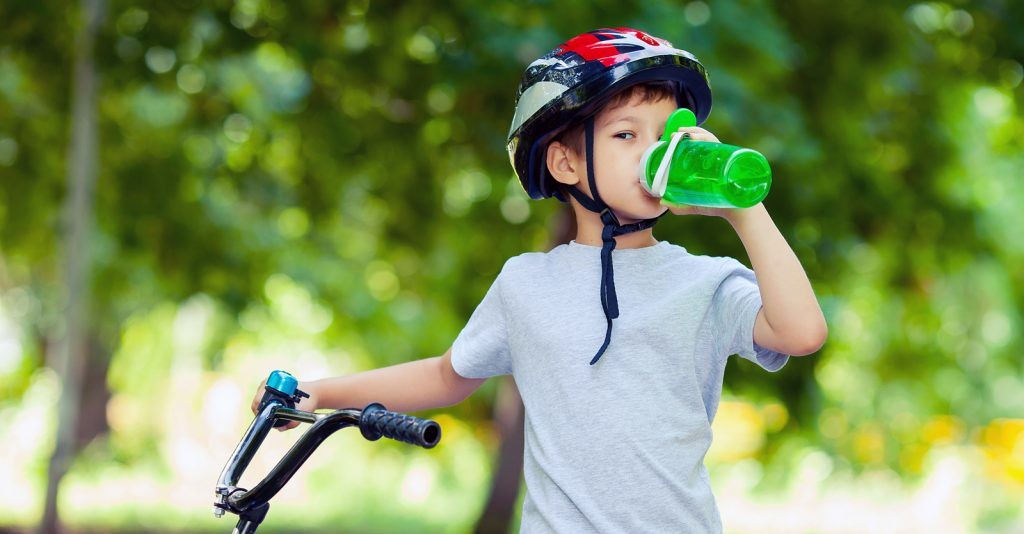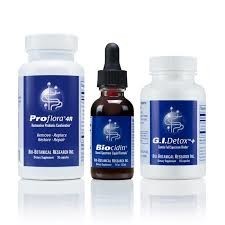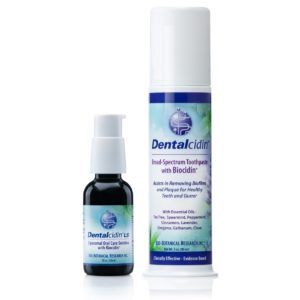Plastic Sports Bottles Leach 100’s of Chemicals–Even Insect Repellent
Food Integrity Now has been concerned for years about the chemicals in plastic sports bottles–especially if you reuse them. Now we have even more evidence. Plastic is ubiquitous in our world and we need to quit using and this article is just more reasons why to ditch the plastic NOW!
Reusable plastic sports bottles can leach hundreds of different chemical substances into water, including a range of plasticizers, endocrine disruptors and surprisingly, an insect repellent.
Researchers at University of Copenhagen, Denmark recently published their findings in the Journal of Hazardous Materials, calling for caution in the use of these products.
“We were taken aback by the large amount of chemical substances we found in water after 24 hours in the bottles. There were hundreds of substances in the water — including substances never before found in plastic, as well as substances that are potentially harmful to health. After a dishwasher cycle, there were several thousand,” says Jan H. Christensen, Ph.D., professor of environmental analytical chemistry at the University of Copenhagen’s Department of Plant and Environmental Sciences.
Scientists used three types of reusable plastic sports bottles, split between newly purchased and bottles that had been in regular use before the experiment. Glass bottles were used as a control.
First a migration experiment was conducted. Newly purchased bottles were rinsed with tap water (which was then disposed), and then refilled with tap water and stored for 24 hours.
A second experiment placed all the bottles in the dishwasher and ran the dishwasher for 60 minutes, employing a typical dishwasher tablet, reaching temperatures of roughly 150 degrees Fahrenheit. One day after dishwashing, researchers filled the bottles with tap water and stored them for 24 hours.
Lastly, researchers flushed all the bottles with tap water and shook them up, as might occur in a quick household rinse. After flushing, the bottles were filled with tap water and stored for a day. Samples were analyzed using liquid chromatography and mass spectrometry in attempts to identify the materials leaching into water after the aforementioned experiments. In total, scientists found over 400 materials associated with plastics and greater than 3500 dishwashing compounds.
For newly purchased bottles 350 unique chemical compounds were identified. Of these 150 were removed after use in a dishwasher, and 80 more were removed after a flushing, but a total of 31% of compounds remained after dishwashing and additional water flushing.
For used bottles, analysis after dishwashing detected 3,436 chemical compounds. Of these roughly 2,780 were removed after flushing with water. Roughly 13% of dishwashing chemicals remained after flushing with water, while with glass bottles less than 1% remained.
Scientists detected surfactants (from the dishwasher), plastic oligomers (used to soften plastics), slip agents (fatty acids used to reduce friction), antioxidants/stabilizers (to avoid product oxidization), photoinitiators (inks to provide a glossy cover), plasticizers (to increase flexibility), a range of unknown aromatic compounds and the mosquito repellent DEET.
DEET was confirmed to be present in every plastic bottle tested. Scientists indicate that DEET’s presence is likely a result of another chemical with a similar chemical structure to DEET. In particular, the plasticizer material laurolactam is implicated. Either the plasticizer was produced with impurities that mimic DEET, or it was transformed into DEET in the dishwasher through a chemical reaction with other materials in the plastic bottles. The scientists opine that the identification of DEET may in fact be the source of ubiquitous DEET detection in the environment.
A phenomenon that has long been ascribed to its use as a repellent, the widespread presence of DEET in the natural world by chemical happenstance may be yet another side-effect of a world where chemical pollution has exceeded the safe limits for humanity.
“The study exemplifies how little knowledge there is about the chemicals emitted from the products that our food and drink come in contact with. And, it is a general problem that measurement regulations during production are very lenient. Fortunately, both in Denmark and internationally, we are looking into how to better regulate this area,” says Christensen.
In the U.S., there is little evidence of government regulators embracing such a precautionary approach. To correct course, the U.S. Environmental Protection Agency and other government regulators must embrace an approach that incorporates cutting-edge science into product approvals. Take action today to urge the agency to adopt this approach.
Article first published by Beyond Pesticides.
Food Integrity Now urges you to share this article and leave a comment. Many are unaware of the dangers of plastic water bottles.
Also, don’t forget to check our Food Integrity Now’s healthstore. We only support high-integrity products and we appreciate your support! Here are ones we love!
For a detox protocol that is effective and easy to use with results that can be felt, the Bioclear™ Cleansing Program is the perfect solution. The Bioclear™ Cleansing Program is a trio of products that supports healthy microbial balance in the microbiome. Biocidin, G.I. Detox+, and Proflora4R work together to bind toxins, reestablish microbial balance, and soothe the gut lining.* After just 30 days on the Bioclear™ Cleansing Program, patients report feeling lighter and brighter!
When it comes to oral care, plaque (a biofilm) is a universal challenge. Dentalcidin™ toothpaste contains Biocidin®, a botanical formula with a strong track record in removing biofilms. Dentalcidin™ toothpaste gently and effectively cleans and whitens teeth, while supporting healthy microbial balance.* Essential oils support fresh breath. For the greatest benefit, use Dentalcidin™ toothpaste with DentalcidinLS oral rinse.




0 Comments